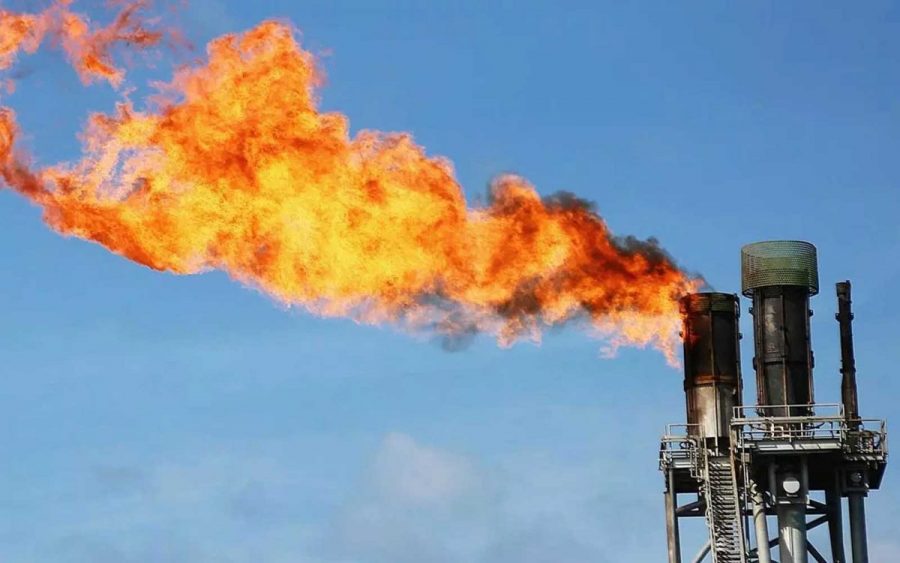Based on the data extracted from the Nigerian Oil Spill Monitor, an arm of the Nigerian Oil Spill Detection and Response Agency, NOSDRA, oil and gas companies in the country flared 126bn standard cubic feet (SCF) of gas in the first half of the year (H1 2022).
This resulted in 6.7million tonnes of carbon dioxide (CO2) emissions and an equivalent amount of US$441.2m lost compared with 136.6bn standard cubic feet of gas, resulting in 7.3million tonnes of carbon dioxide (CO2) emissions and an equivalent amount of US$478.1m lost in H1 2021. For the full year 2021, the country flared 255.2bn standard cubic feet of gas, resulting in 13.6million tonnes of carbon dioxide (CO2) equivalent emissions with an equivalent amount of US$893.1m lost.
Elsewhere, the World Bank’s Global Gas Flaring Reduction Partnership (GGFR) in its 2022 global gas flaring tracker report ranked Nigeria as the 7th largest gas flaring country globally in 2021. Based on the satellite data, about 143.4 billion cubic meters (bcm) equivalent of c.5.1tn standard cubic feet of gas was flared at upstream oil and gas facilities across the globe in 2021, resulting in 382.4 million tonnes of carbon dioxide (CO2) equivalent emissions with an equivalent amount of US$16.5bn lost. Specifically for Nigeria, data from the World Bank was broadly in line with data from Nigerian Oil Spill Monitor above.
Gas flaring in Nigeria has been an insurmountable problem for the country, especially in the Niger Delta region (Rivers, Akwa Ibom, Bayelsa and Imo state) since the commercial exploration of crude oil started. The country has on several occasions set a target to end gas flaring, which all have been missed with the most recent unmet deadline in the year 2020. In February 2021, the Minister of State for Petroleum Resources, Timipre Sylva, noted that the government had committed to achieving a complete elimination of gas flaring by the year 2025, before the World Bank’s Zero Routine Flaring by 2030.
Meanwhile, the Federal Government continues to lose potential revenue to gas flaring. As seen by both the NOSDRA data and World Bank report, Nigeria lost potential income of between US$761.2m and US$893.1m to gas flaring in 2021. Beyond that, the agricultural ecosystem of the Niger Delta has been severely damaged.
Due to increased soil temperature, crop yield has been affected with many lands now barren. Furthermore, water bodies are now black while rainfall in the area is also black destroying many homes. The black water bodies have destroyed fishing potential while burning bushes and lands have forced animals to desert the forests in the area.
The health of citizens residing in communities prone to gas flaring has also been severely impacted. Gas flaring has been linked to cancer and lung damage alongside neurological and reproductive problems which have become prominent among pregnant women and newborns in the region. Furthermore, the spate of gas flaring which has worsened the economic situation of affected villages has led to the development of insurgency.
Popular groups like the Movement for Emancipation of the Niger Delta (MEND) and Niger Delta Avengers (NDA) destroy oil infrastructure and kidnap expatriates working on oil installations.
CSL Stockbrokers Limited, Lagos (CSLS) is a wholly owned subsidiary of FCMB Group Plc and is regulated by the Securities and Exchange Commission, Nigeria. CSLS is a member of the Nigerian Stock Exchange.
